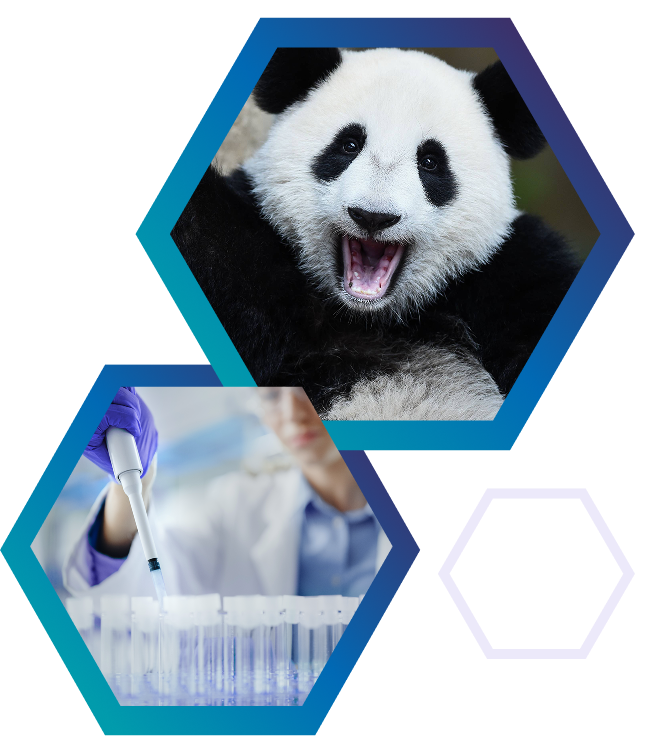Thyroxine (T4) ELISA Kit
Personal Touch
Here to Help.
Ready to Ship
Most kits in stock.
Easy to Use
Simple protocols.
- Catalog Number K050-H
- Assay Type Competitive ELISA
- Sample Types Serum, Plasma, Fecal Extracts, Tissue Culture Media
- Sensitivity 0.33 ng/mL
- Species Thyroxine is identical across species
- Assay Duration 1.5 Hours
- Samples/Plate 40 in Duplicate
- Readout Colorimetric, 450 nm
Assay Principle:
The DetectX® Thyroxine (T4) ELISA Kit quantitatively measures T4 in serum, plasma, fecal extracts, and tissue culture media. This competitive ELISA kit has a run time of 1.5 hours. Please read the complete kit insert for more information before performing this assay. Use our provided T4 standard to generate a standard curve for the assay.
Protocol Summary:
- Transfer standards or diluted samples into the included transparent microtiter plate coated with goat anti-mouse IgG antibody.
- Add T4 peroxidase conjugate and T4 monoclonal mouse antibody, ensuring even mixing.
- Incubate the mixture at room temperature with shaking for 1 hour. The immunological reaction varies inversely with the T4 concentration in the sample.
- After incubation, wash away excess conjugate and add TMB substrate. The substrate reacts with the bound conjugate to produce a measurable signal at 450 nm.
- Calculate T4 concentration using a plate reader, based on the standard curve.
Background:
Triiodothyronine (T3) and thyroxine (T4) are tyrosine-based hormones produced by the thyroid gland that regulate metabolism. Dietary iodine is necessary for the production of T4. A deficiency of iodine leads to decreased production of T4, resulting in enlargement of the thyroid tissue in a disease known as goiter. The primary form of thyroid hormone in the blood is T4, which has a longer half-life than T3. The ratio of T4 to T3 released into the blood is roughly 20 to 1. T4 is converted to the active T3 (three to four times more potent than T4) within cells via deiodinase enzymes. All three deiodinase isoforms are selenium-containing enzymes; thus, selenium is essential for T3 production.
The DetectX® Thyroxine (T4) ELISA Kit is an essential tool in endocrinology, enabling researchers and clinicians to accurately assess T4 levels in various biological samples. This analysis is crucial for understanding thyroid function, diagnosing thyroid disorders, and monitoring treatment efficacy.






